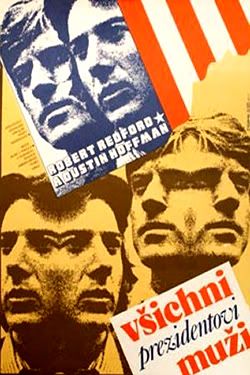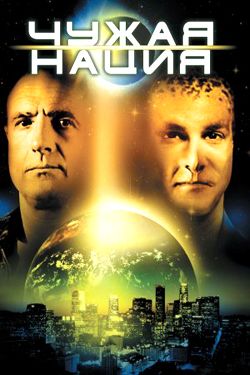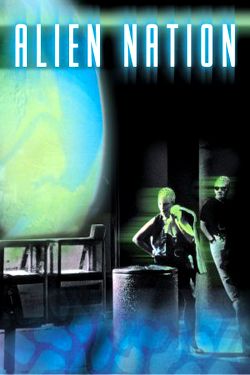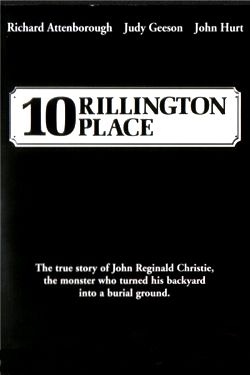Year of release
1971
Directed by
Robert Wise
Written by
Nelson Gidding (script)
Michael Crichton (novel)
Starring
Arthur Hill
David Wane
James Olson
Kate Reid
The Andromeda Strain
While I may be greatly enjoying my 70s thriller season I've came across a problem. I've never felt so paranoid in my life! I feel myself constantly looking over my shoulder and eyeing up shifting-looking people. And that cough/runny nose I thought had been caused by everyone cutting their grass of late? Turns out it's an alien virus!

For people raised only on modern sci-fi films this may not be for them. There aren't any explosions, little action and a real lack of any special effects. This is certainly a film that would fall into the category of 'adult sci-fi'. While it may be science fiction (and let's hope it remains so) it is presented in a very factual manner. It's a film that depicts scientists as scientists. These aren't unlikely action heroes, they are just intelligent people doing the job they're meant to do, using their logic. It presents an accurate portrayal of their process in its methodical and precise, even tedious manner. While the catastrophic event may seem to call for great urgency the process to solve it can be meticulous. In that sense it reminded me of both the journalists process in All the President's Men, and the investigation displayed in Zodiac.
Right from the off I found myself gripped. With little information as to where we are, or what's going on we are dropped right into the middle of a disastrous event. Over the radio we hear two men describing the situation they are seeing. We are shown nothing, which means that right away our brain is engaged, imagining and picturing the scene. And then we see what they see and it is truly haunting, dozens of people cut down right in the middle of going about their lives.
The film is shot in a fairly simple, unflashy way which does create quite a cold, clinical atmosphere. The result is similar to what I mentioned for Day of the Jackal I think in that it comes across as a bit of a docu-drama. The one element that veers off from the simple is a number of examples of a multi shot, split screen technique. Now while this may purely be for show, and nothing more I saw it as a way of showing the sheer complexity and copious amount of the work involved, and just how much of a team effort it is.
For those who do stick with it through what they may find it's slow pace, the final act of the film does move off into more traditional Hollywood ground as the virus begins to break out of the centre and the scientists find themselves in a race against the clock. It is a thrillingly tense finale. After such a long and ponderous wait the eventual burst of action really does capture its frantic and desperate nature. We watch as Hall frenziedly attempts to get to a terminal where he can stop the self destruct, all the while trying to avoid security lasers and poisonous gas.
At times the film does feel very dated, especially in terms of the technology on show. However as part of the impressive production and set design (quite reminiscent of 2001's space station if memory serves me right) the technology is still well constructed. very well done and well shot. And as a piece of 70s cinema it wouldn't feel quite right without a touch of anti-authority sentiment. And we are not disappointed as late on in the film a degree of government conspiracy is unearthed.
With no real background given for any of them, the characters don't have a great deal of depth, frequently coming across as just thinly sketched characters who are slightly different from each other just to present slightly varied actions and reactions to developments. That said the actors are still able to provide solid performances in a restrained fashion; of particular note are Kate Reid, Athur Hill and Paula Kelly.
To keep the suspense going there are a couple of slightly contrived events, essential to prolong the situation. The first, that one of the scientists has epilepsy which proves integral to the plot, at least has an attempted explanation as to why she would cover it up. The second however, that a little piece of paper almost brings everything to a crashing halt, feels a bit thin.
The biggest example of the disaster actually comes right in those opening moments. We don't see anything close to that scale again throughout the next two hours. What we are given however are a number of very striking images which punctuate the action throughout. Whether it be the sight of blood pouring out like a green sand, the melted face mask of a pilot struck down by the disease or the various test animals who we see in distress before they fall still there are a number of powerful moments which mean they threat is always at the forefront of our minds. The animal deaths in particular are very distressing in how realistic they seem, so much so that I actually went and googled to see if they had actually killed any animals on set.
While the slow pace may be off-putting for some I felt like it actually added to the tension. If the film had been Hollywood-ised (by today's standards) there would likely have been more action, more heroics and probably an ill-fated romance between two of the scientists working on the cure. It may have been fun but the tense atmosphere would have been put on the back burner. The meticulous pace and heavy attention to detail make the whole premise more plausible, and as a result a good deal more chilling.
Conclusion – An intelligent, absorbing piece of paranoia-inducing cinema. While it is a great film, it's so cold and calculated that I'm not sure it's a film I could ever truly fall in love with.
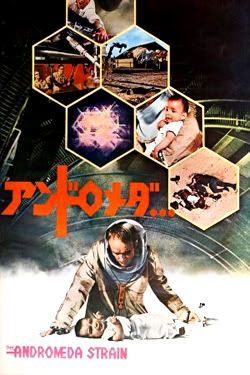
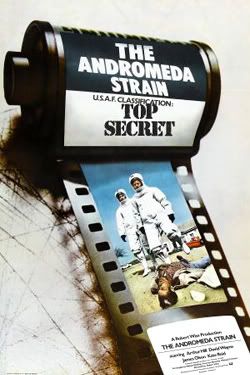

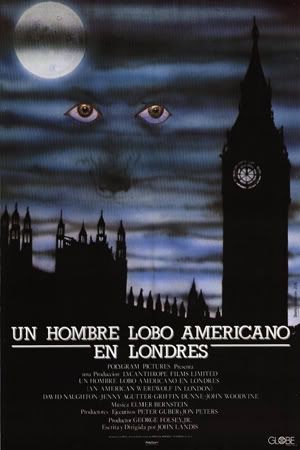
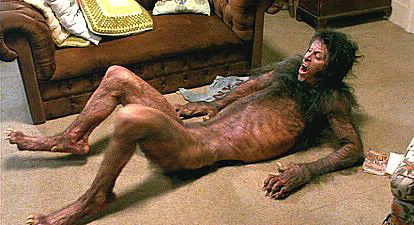

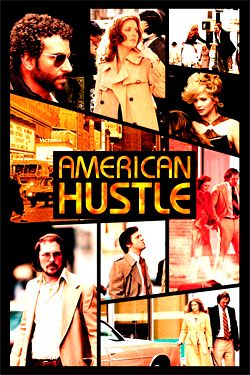
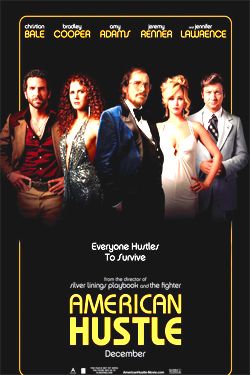

 I'd certainly say that was particularly true of the opening hour, with the film really taking considerable time to get into the real swing of things. It was only when the sheikh 'arrived' in the jet and the con got under way that I felt the story start to come to some sort of life. Even then however it never matched my expectations; perhaps it was the fault of the film's advertising but I was expecting a far breezier, more comedic venture. When it comes to con films/TV shows I think it should be a lot slicker, flashier and sexier than what this was. And its running time of 138 minutes felt way too long for a story of this nature. Cutting out a chunk of that running time would perhaps have helped the film find that energy that I felt was lacking.
I'd certainly say that was particularly true of the opening hour, with the film really taking considerable time to get into the real swing of things. It was only when the sheikh 'arrived' in the jet and the con got under way that I felt the story start to come to some sort of life. Even then however it never matched my expectations; perhaps it was the fault of the film's advertising but I was expecting a far breezier, more comedic venture. When it comes to con films/TV shows I think it should be a lot slicker, flashier and sexier than what this was. And its running time of 138 minutes felt way too long for a story of this nature. Cutting out a chunk of that running time would perhaps have helped the film find that energy that I felt was lacking.  Haven't these people ever heard of the Cold War? Surely that would create some issues for that plan.
Haven't these people ever heard of the Cold War? Surely that would create some issues for that plan. 
